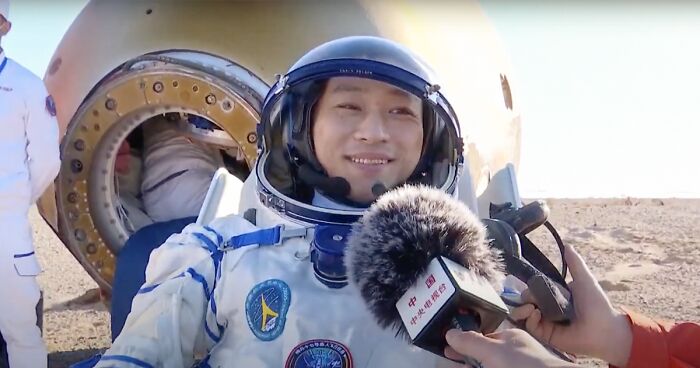
Shenzhou 17, The Youngest Crew Ever To Visit Tiangong, Safely Returned To Earth
The Chinese space program goes back to the 1950s, when China began development of its first ballistic missile and rocket programs in response to the perceived American (and, later, Soviet) threats.
Over the past two decades, China’s manned space program has achieved remarkable milestones and at the moment can be proud of having one of the most active space programs in the world, including ambitions to send people to the moon by 2030.
Shenzhou 17 completed the 1st extravehicular maintenance in the history of China’s space program when, after 6 months, the mission finally reached Earth.
More info: South China Morning Post
China’s Shenzhou 17, the youngest crew ever to visit Tiangong, finally safely landed on Earth
Image credits: South China Morning Post
Image credits: South China Morning Post
Image credits: South China Morning Post
Image credits: China Xinhua News
The Shenzhou 17 flight was launched from Jiuquan Satellite Launch Center on 26 October 2023 at 09:46 UTC, near the end of the Shenzhou 16 mission. Since the implementation of Manned Space Program, Shenzhou 17 was the 30th spaceflight mission and the 12th manned mission.
The crew of Shenzhou 17 was the youngest ever to fly to the Tiangong space station, with Commander Tang Hongbo being 48 and taikonauts Tang Shengjie and Jiang Xinlin being 34 and 35 respectively at the time of the flight.
After dozens of scientific experiments, and two spacewalks to repair Tiangong’s solar arrays, the three Chinese astronauts safely returned to Earth on the 30th of April.
According to China Manned Space’s press release, Shenzhou 17 was set for the mission to:
- carry out experiments and tests of space science and application payload;
- perform extravehicular activities and cargo-out tasks from airlock module; extravehicular payload installation and space station maintenance and repair tasks;
- constantly evaluate the function and performance of the space station assembly;
- acquire and accumulate the operating data and experience of space station;
- examine the coordination and compatibilities of ground support center in carrying out the space station operation and management tasks;
- and to further improve the operating efficiency and failure disposal capability of the space station.
Shenzhou 17 returned to Earth with a sixth batch of scientific samples that will serve around 23 different scientific projects
Image credits: China Manned Space Agency
Image credits: South China Morning Post
Image credits: South China Morning Post
Image credits: South China Morning Post
The team, led by Commander Tang Hingbo, landed in north China’s Inner Mongolia autonomous region. At the moment, Tang holds the record for the longest time in orbit by a Chinese astronaut. He spent 279 days in space during the Shenzhou 12 and Shenzhou 17 missions.
“I missed my motherland and hometown in particular. Whenever the space station flew over our motherland and I happened to have time to spare, I would look out the window at our motherland from afar and search for my hometown,” Hingbo shared his first words right after landing. “I was filled with both longing and pride,” he added.
Tang Shengjie, who was the second to leave the return capsule of the Shenzhou 17 spaceship, also couldn’t hold back his gratefulness and excitement. “Returning to the beautiful Earth after 6 months, I’m so happy and excited,” said Shengjie. “During this mission, led by our commander, we cooperated closely with the ground teams and worked together to complete all designated tasks. For me, the past 6 months were also a journey of study and exploration. I gained a lot of valuable experience. The starry sky is a vast universe, and our exploration knows no limit. I think realizing the dream of space flight is not an end but a starting point,” he continued.
All the crew members were later transferred to Beijing, where they had a post-mission medical evaluation, recovery and debriefing.
China’s Shenzhou 17 mission marks a new chapter in human-space success following the spacecraft’s taikonauts returning in good health
Image credits: China Manned Space Agency
Image credits: Shujianyang
Image credits: South China Morning Post
Since 2020, the Chinese space program has made incredible progress in multiple areas by completing some of the most challenging missions ever conducted in the history of space exploration, impressing the world like never before.
According to a 2022 government white paper, China will conduct more human spaceflight, lunar and planetary exploration missions, including such as the Xuntian Space Telescope launch, Chang’e 6 mission to collect lunar samples from the far side of the Moon and Chang’e 7 mission to perform a precise landing in the Moon’s polar region that includes a “hopping detector” to explore permanently-shadowed areas, as well as the Tianwen 4 mission to explore the Jupiter system and Callisto and many more. In addition to all of that, it aims to land Chinese astronauts on the Moon by 2030. Therefore, the successfully completed Shenzhou 17 mission is just one more step towards a very big and exciting cosmic journey in the modern-day space race.
People on the internet shared their excitement about China’s accomplishments in space exploration
Poll Question
Thanks! Check out the results:
Such an awesome achievement for China. I wish there was more international cooperation in the space realm. Obviously, we have the International Space Station, but that will be retired soon and China was intentionally excluded. Whatever replaces the ISS, would probably still have that exclusion. So much could be accomplished with true international partnership. Also, this is the first time I've learned that China's calls their space explorers "taikonauts".
Same thoughts here! 🙌🏼🚀 If only humans would work more as a team instead of wasting time in competing with each other! And yes, for me a word 'taikonaut' was also a beautiful surprise ☺️ It comes from the Chinese word ‘taikong’ meaning 'space' or 'cosmos'. The official Chinese name is 'yuhangyuan' that means ‘travellers of the Universe’.
Load More Replies...Nice article and I know BP title's tend to change, but the current incarnation (Shenzhou 17, The Youngest Crew Ever To Visit Tiangong, Safely Returned To Earth ) can be a little misleading, as it not only makes reference to the youngest crew ever, but it is also one comma away from making reference to something that reads a lot like a 17-year-old taikonaut/astronaut, as the name of the Chinese Space Station is not one that is in common parlance, and much less are readers likely to be familiar with the fact that Shenzhou is the name of a Chinese spaceraft
Agree Alec, somehow didn't think this way, but you're right, for those not so familiar with Chinese spacecraft could give misleading thoughts 👀 Thank you for the note!
Load More Replies...Thank you so much! 🙏🏼 And hopefully more space news in the future 🚀✨
Load More Replies...Such an awesome achievement for China. I wish there was more international cooperation in the space realm. Obviously, we have the International Space Station, but that will be retired soon and China was intentionally excluded. Whatever replaces the ISS, would probably still have that exclusion. So much could be accomplished with true international partnership. Also, this is the first time I've learned that China's calls their space explorers "taikonauts".
Same thoughts here! 🙌🏼🚀 If only humans would work more as a team instead of wasting time in competing with each other! And yes, for me a word 'taikonaut' was also a beautiful surprise ☺️ It comes from the Chinese word ‘taikong’ meaning 'space' or 'cosmos'. The official Chinese name is 'yuhangyuan' that means ‘travellers of the Universe’.
Load More Replies...Nice article and I know BP title's tend to change, but the current incarnation (Shenzhou 17, The Youngest Crew Ever To Visit Tiangong, Safely Returned To Earth ) can be a little misleading, as it not only makes reference to the youngest crew ever, but it is also one comma away from making reference to something that reads a lot like a 17-year-old taikonaut/astronaut, as the name of the Chinese Space Station is not one that is in common parlance, and much less are readers likely to be familiar with the fact that Shenzhou is the name of a Chinese spaceraft
Agree Alec, somehow didn't think this way, but you're right, for those not so familiar with Chinese spacecraft could give misleading thoughts 👀 Thank you for the note!
Load More Replies...Thank you so much! 🙏🏼 And hopefully more space news in the future 🚀✨
Load More Replies...
 Dark Mode
Dark Mode 

 No fees, cancel anytime
No fees, cancel anytime 






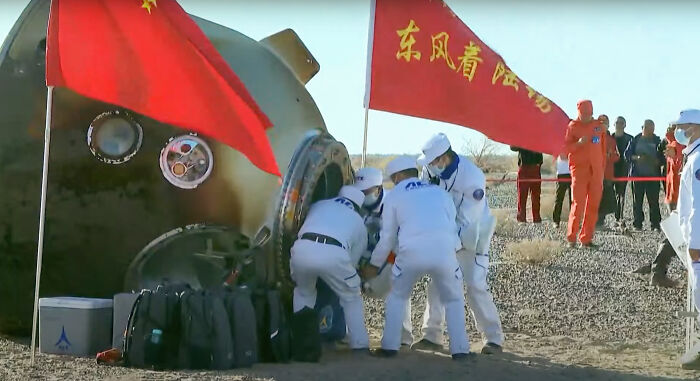
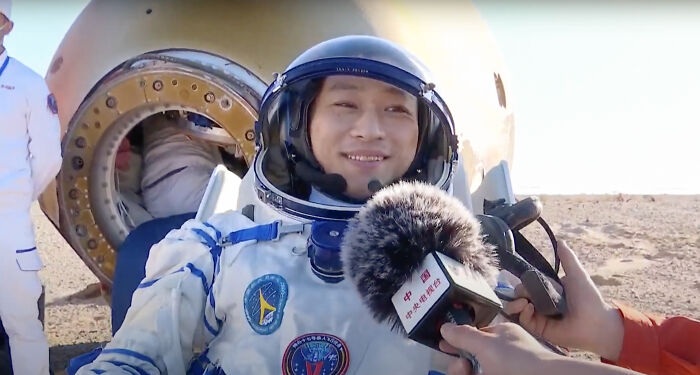
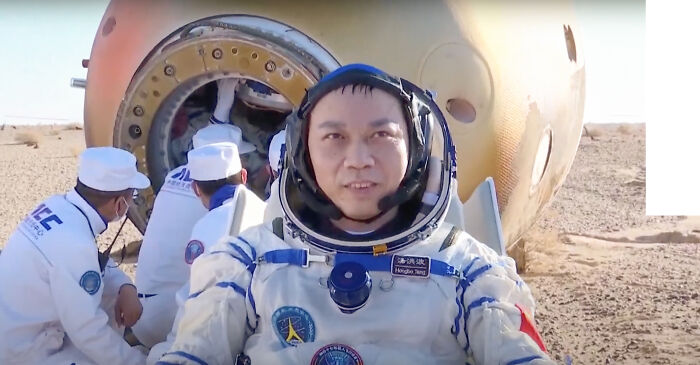
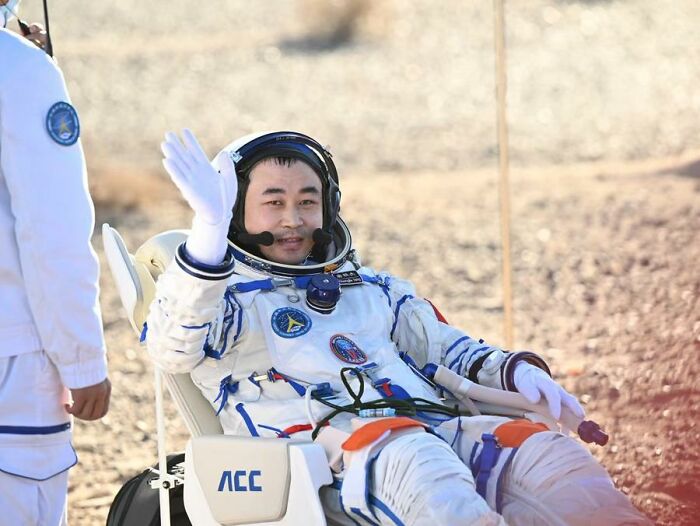
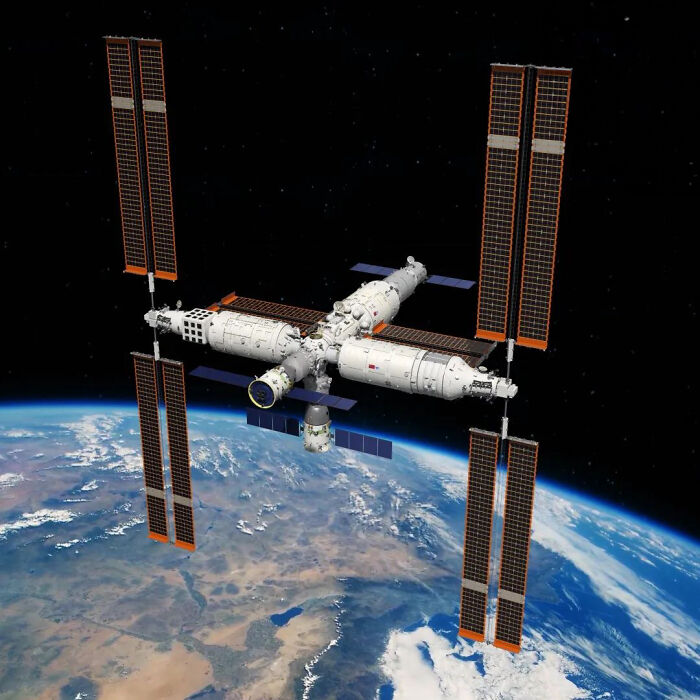
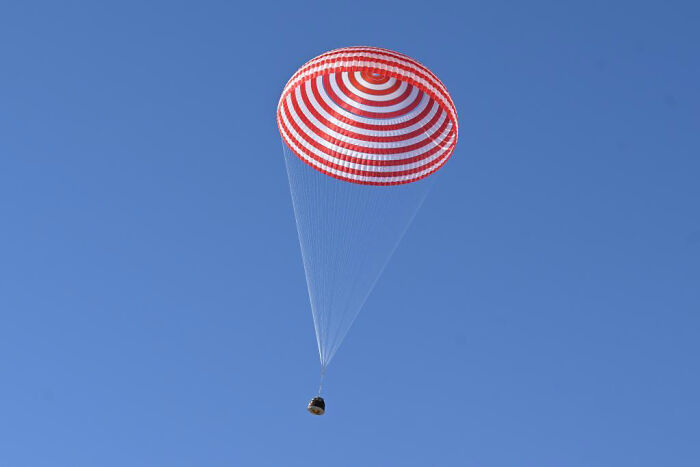
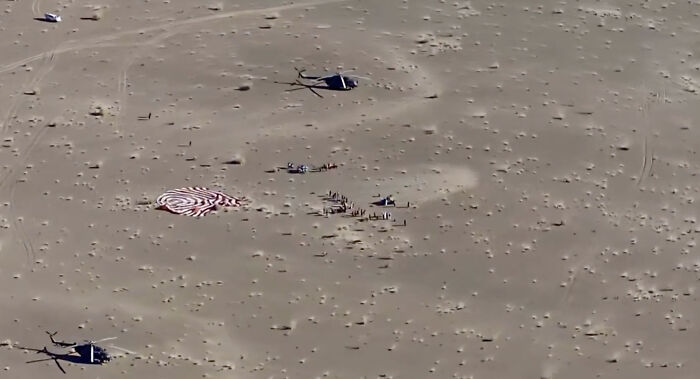
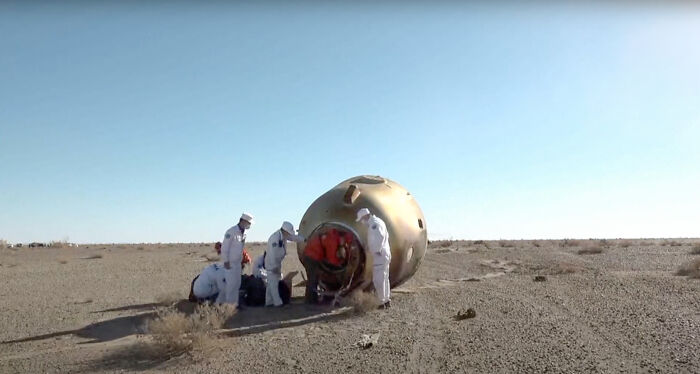
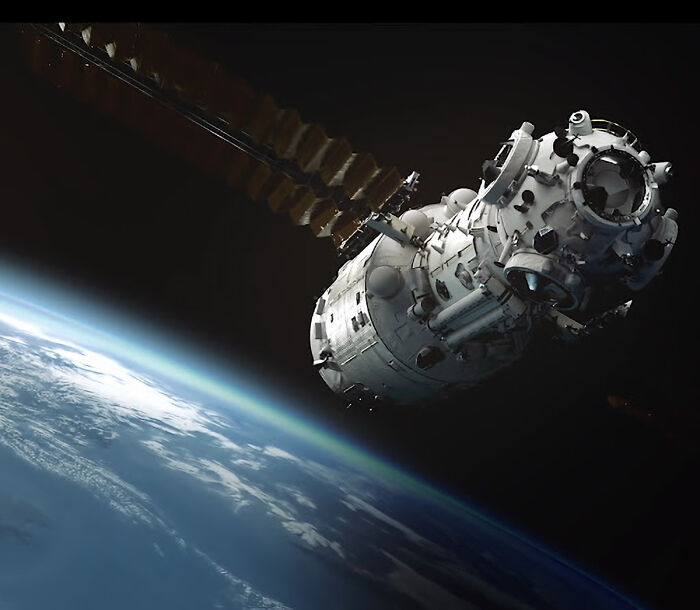
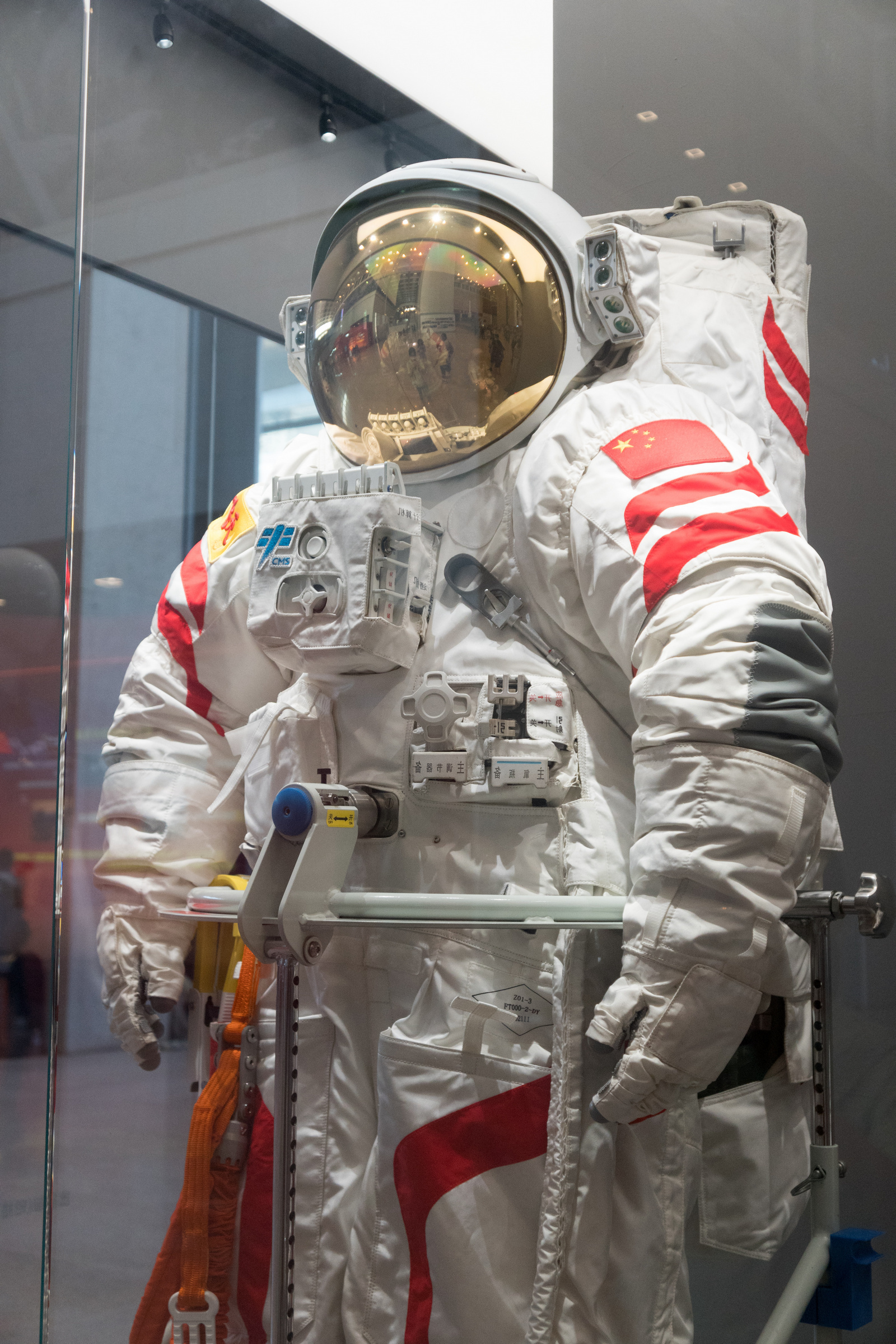





















































43
11